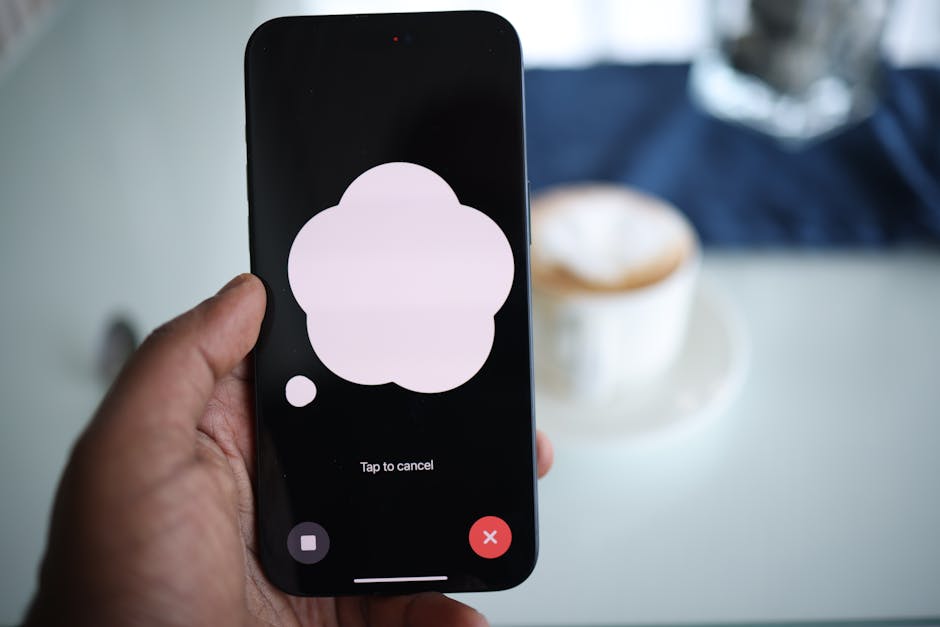New research says more and more people are having trouble finding their wayTuring TestCentral District GPT-4 and humans.

Image source: Pexels
According to IT Home, the "Turing Test" was proposed by computer scientist Alan Turing in 1950 and is also known as the "imitation game."The test criterion is whether the machine can have a conversation like a human, making the other party mistakenly believe that it is a real person.
Researchers at the University of California, San Diego recruited 500 participants and asked them to have a five-minute conversation with four "interlocutors": a real person, ELIZA, the first chatbot from the 1960s, and a driving chatbot. ChatGPT After the conversation, participants need to judge whether the other party is a human or a machine.
The results of this test were published on the preprint website arXiv and showed that54% of participants mistook GPT-4 for a real person. In contrast, only 22% of people thought ELIZA, which had pre-set responses, thought it was a real person, 50% for GPT-3.5, and 67% for human interlocutors.
The researchers noted thatThe Turing test is too simplistic; the style and emotional factors of the conversation play a more important role in the test than traditional intelligent cognition.
Nell Watson, an artificial intelligence researcher at the Institute of Electrical and Electronics Engineers (IEEE), said that intelligence alone is not everything. What really matters is being smart enough to understand the situation, the skills of others, and having empathy to combine these elements. Capability is only part of the value of AI. Understanding human values, preferences, and boundaries is equally important. It is these qualities that make AI a loyal and reliable steward in our lives.
Watson also mentioned that this research poses a challenge to future human-computer interaction, and people will become more suspicious of the authenticity of the objects of interaction, especially when it comes to sensitive topics. At the same time, this research also highlights the great progress of artificial intelligence in the GPT era.